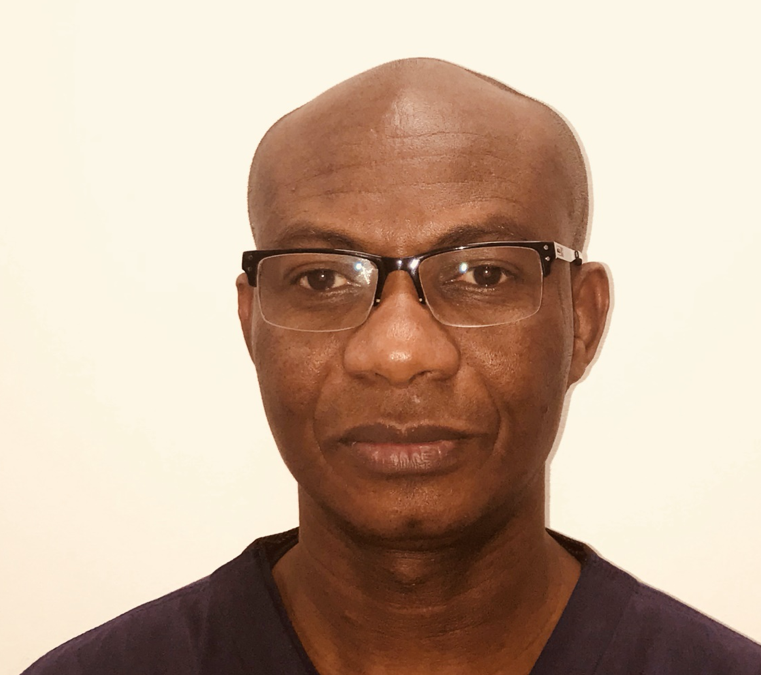Eric Onwuharine, an MRI radiographer at University Hospitals North Midlands, who was awarded a College of Radiographers Industry Partnership (CoRIPS) research grant in 2016 to complete prostate cancer diagnosis study, has published his work in Radiography journal.
Eric said: “The grant has been crucial in my quest to develop as a radiographer undertaking primary research. The CoRIPS award has allowed me to complete my study and I can’t thank the College of Radiographers enough for the opportunity.”
Comparison of double inversion recovery magnetic resonance imaging (DIR-MRI) and dynamic contrast enhanced magnetic resonance imaging (DCE-MRI) in detection of prostate cancer: A pilot study has now added to the body of knowledge concerning multi parametric MRI, which will hopefully improve the experience of men who have a prostate condition.
“The primary aim of my research was to see if DIR can replace DCE in mpMRI investigations. This will reduce cost by eliminating the use of contrast, to which some patients have an adverse reaction and eliminate the need to cannulate patients, which is invasive.
The results showed that DIR is not equivalent to DCE for conspicuity of PCa, it is inferior. However, there is a significant correlation between DIR-LNR and PCa grade group. This suggests that the DIR sequence may be useful in the evaluation of the prostate by predicting the presence of clinically significant PCa before biopsy is performed. Furthermore, as a sequence able to distinguish indolent from aggressive PCa DIR-MRI might be useful to decide if biopsy is needed and as a prognostic indicator when there is clinically significant PCa.
Eric commented, “Research is a way to increase one’s wealth of knowledge; its importance can never be overemphasised. Participating in original research has impacted on my career positively because it has exposed me to other people’s questions and answers, while trying to find answers to my own questions.
"My own knowledge has increased and my colleagues and service users have benefited immensely.”
